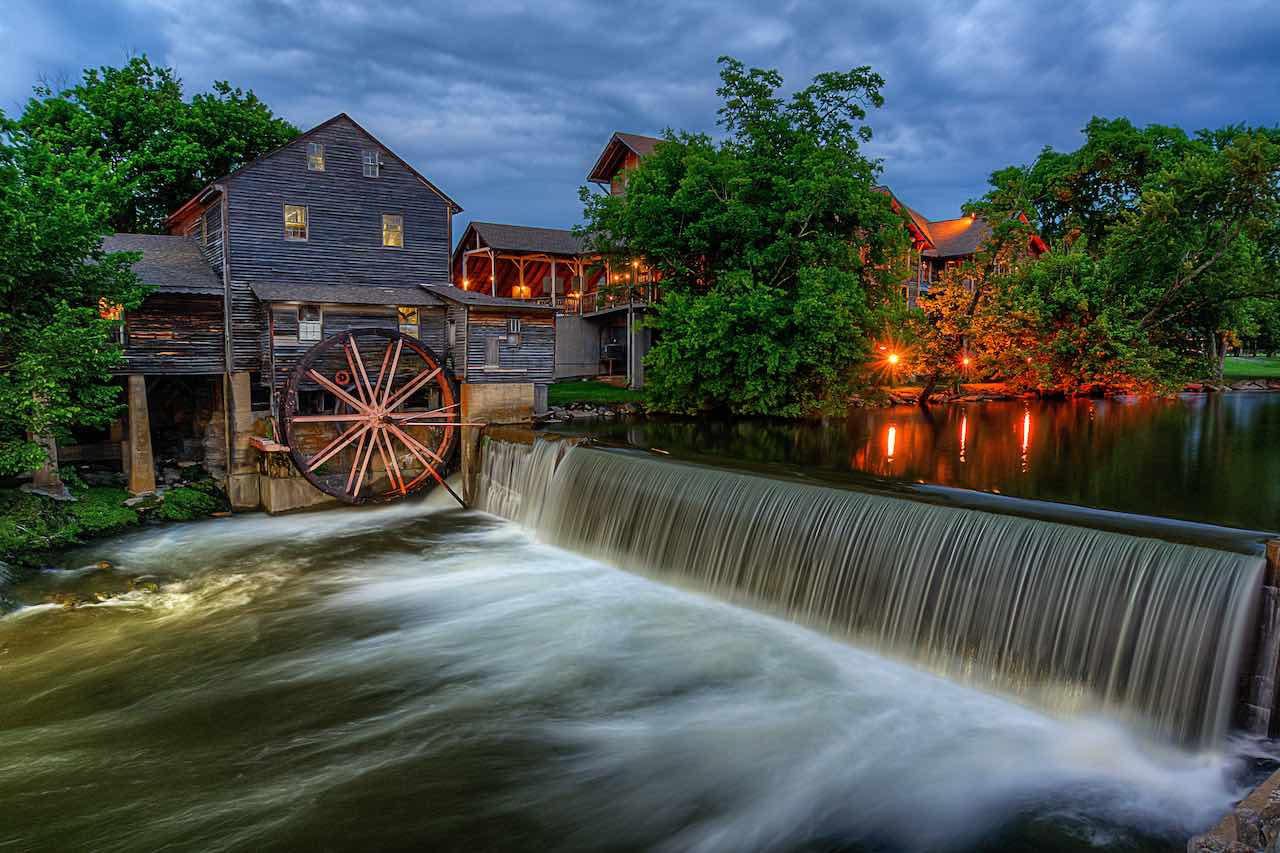If you’re looking for a cost-effective option for sustainable living, off-grid living in Tennessee might be just what you’re looking for. Located in the southeastern part of the country, Tennessee is known for being a great choice for those wanting to live off the grid compared to other southern states. With low taxes, affordable property costs, and ample land for growing crops, Tennessee offers the perfect combination for self-sustainability. While the crime rate in the state is relatively high, there are areas with lower crime rates. Harvesting rainwater is recommended for off-grid living, as freshwater availability is abundant in Tennessee. With diverse wildlife, a humid subtropical climate, and major industries in agriculture, manufacturing, and tourism, Tennessee provides opportunities for a self-sufficient and sustainable lifestyle. Just make sure to research and comply with county-specific regulations and building codes if you decide to go off the grid in Tennessee.
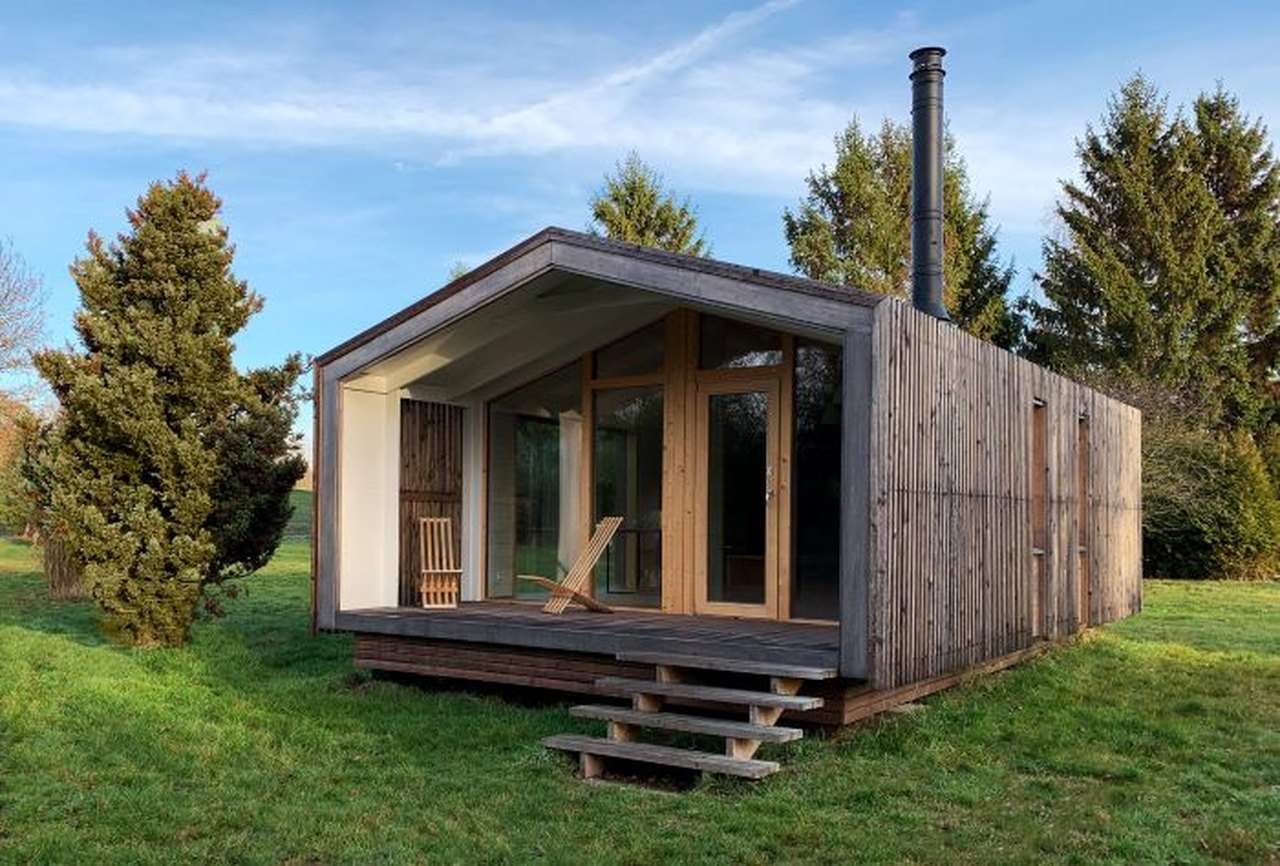
Location and Advantages of Off-Grid Living in Tennessee
Tennessee, located in the southeastern part of the United States, offers numerous advantages for those looking to embrace an off-grid lifestyle. When compared to other southern states, Tennessee stands out as a favorable choice. The state’s location provides a unique blend of natural beauty, favorable climate, and a cost of living that makes off-grid living both achievable and appealing.
Tennessee’s Location and Comparison to Other Southern States
Tennessee’s location allows for a variety of advantages when it comes to off-grid living. The state is bordered by eight other states, offering easy access to neighboring amenities and resources. This makes Tennessee an ideal location for those who value the ability to easily travel and explore the surrounding areas, while still enjoying the benefits of living off the grid.
When compared to other southern states, Tennessee shines as a prime choice for off-grid living. Its favorable location allows for a pleasant climate, access to freshwater sources, and an abundance of fertile land for growing crops. This combination of natural resources, coupled with Tennessee’s lower cost of living and lower taxes, makes it an attractive option for those seeking a self-sustainable lifestyle away from the hustle and bustle of urban living.
Legal Considerations for Off-Grid Living in Tennessee
One of the key factors contributing to Tennessee’s appeal for off-grid living is its legal framework. Living off the grid is legal in Tennessee, meaning individuals have the freedom to choose an alternative lifestyle that aligns with their values and preferences.
However, it is important to note that while living off-grid is generally allowed, it is crucial to research and comply with the county-specific regulations and building codes that may be in place. Each county may have its own set of rules and restrictions when it comes to off-grid living, so it is essential to do your due diligence and ensure compliance with local laws.
Low Taxes and Affordable Property Costs in Tennessee
Another advantage of off-grid living in Tennessee is the state’s low taxes and affordable property costs. Tennessee does not have an income tax, offering significant savings to individuals living off the grid. However, it is important to note that the state compensates for this by having a higher sales tax.
When it comes to purchasing property for off-grid living, Tennessee offers a range of affordable options. Land prices in Tennessee are approximately 28% lower than the national average, making it more accessible for those looking to establish their self-sustaining homestead. However, it is worth mentioning that prices increase closer to larger cities like Nashville.
Ample Land for Growing Crops in Tennessee
One of the critical considerations for off-grid living is the ability to sustain yourself through farming and growing your own food. Tennessee boasts ample land for cultivating crops, making it an excellent choice for individuals looking to embrace self-sufficiency.
The state’s fertile soil and favorable climate create optimal conditions for growing a wide variety of crops. Recommended crops for off-grid living in Tennessee include soybeans, corn, tobacco, wheat, sorghum, and various fruits and vegetables. This bountiful agricultural landscape allows off-grid residents to create a thriving and sustainable food source while enjoying the benefits of their rural lifestyle.
Considerations for Off-Grid Living in Tennessee
While Tennessee offers numerous advantages for off-grid living, there are important considerations to keep in mind before making the move. Understanding factors such as crime rates, water availability, and potential natural disasters is crucial to ensuring a safe and sustainable off-grid experience.
Crime Rate in Tennessee and Safer Areas
It is essential to be aware of the crime rate in Tennessee before settling in a specific area for off-grid living. While the overall crime rate in the state is relatively high compared to the national average, there are pockets of safer areas that individuals can consider.
Among the safer areas for off-grid living in Tennessee are Cross Plains, Pittman Center, Wartrace, St. Joseph, Tusculum, and Kingston Springs. These areas generally have lower crime rates, allowing off-grid residents to enjoy a greater sense of security while maintaining their self-sustainable lifestyle.
Harvesting Rainwater for Off-Grid Living in Tennessee
As a key component of off-grid living, water sustainability is of utmost importance. Tennessee receives significant rainfall throughout the year, making it an ideal location for individuals looking to harvest rainwater as their primary water source.
Harvesting rainwater not only reduces dependency on external water sources but also allows off-grid residents to have a continuous supply during dry spells. By implementing rainwater collection systems and storage tanks, off-grid dwellers can ensure a sustainable water source for their daily needs, including drinking, irrigation, and household use.
Freshwater Availability and Groundwater Concerns in Tennessee
In addition to rainwater harvesting, Tennessee offers ample freshwater sources. The state is home to numerous rivers, lakes, and streams, providing off-grid residents with access to freshwater for various needs.
However, individuals considering off-grid living in Tennessee should be aware of potential groundwater concerns. The state’s agricultural activity, particularly animal farms, may pose a risk of groundwater contamination. It is crucial to take necessary precautions to ensure the quality and safety of the water supply when relying on groundwater sources.
Wildlife and Natural Disasters in Tennessee
Living off the grid in Tennessee means immersing yourself in the state’s abundant wildlife. Tennessee boasts diverse flora and fauna, including black bears, white-tailed deer, foxes, bobcats, raccoons, and numerous bird and bat species. The opportunity to coexist with these creatures in their natural habitats adds to the allure of off-grid living in Tennessee.
However, it is important to be mindful of potential encounters with wildlife and take appropriate measures to ensure personal safety. This may include proper food storage, securing waste disposal, and knowing how to react in various wildlife situations.
Moreover, while Tennessee’s natural beauty offers a serene backdrop, it is essential to keep in mind the potential for natural disasters. The state experiences a range of events, including floods, storms, tornadoes, wildfires, landslides, tropical storms, and earthquakes. Understanding the specific risks associated with the chosen off-grid location and taking appropriate precautions is crucial to maintaining a safe and sustainable lifestyle.
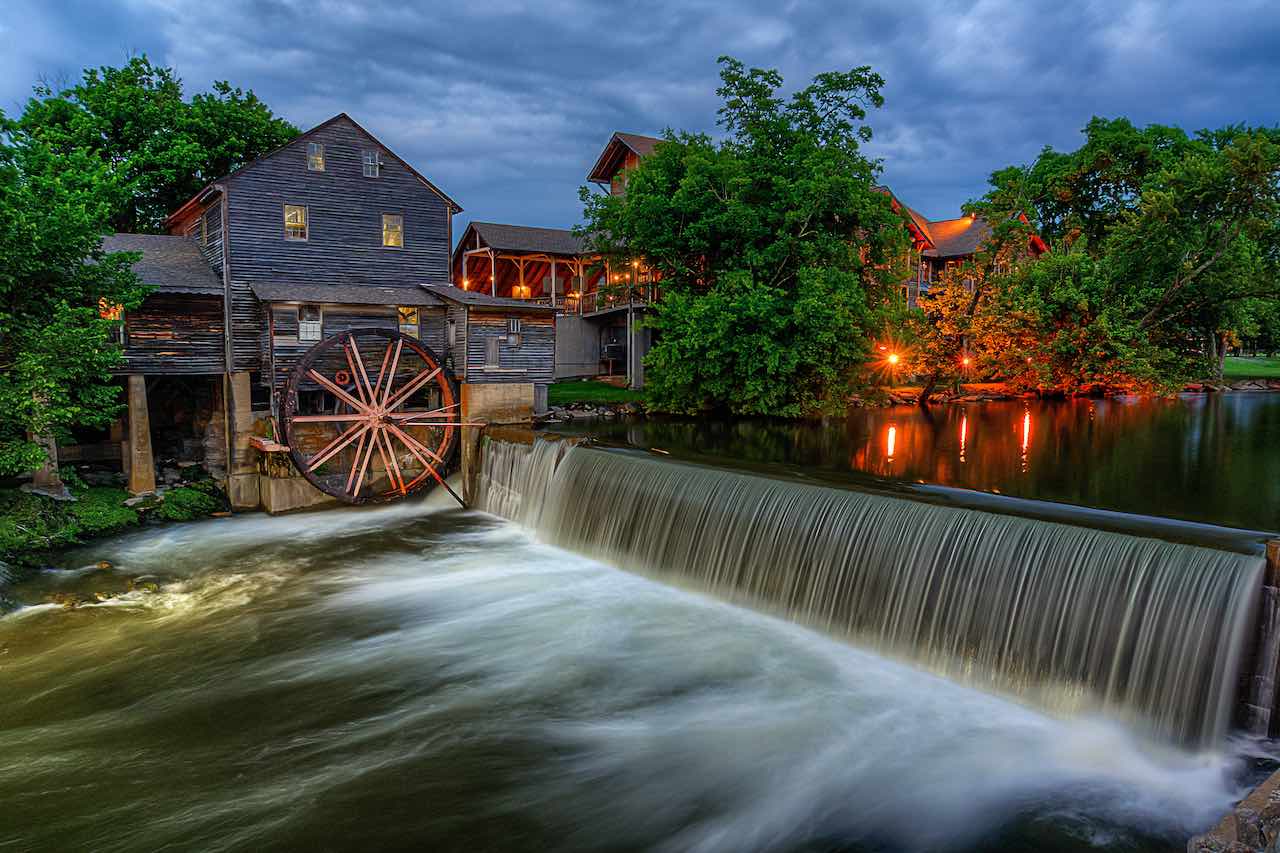
Cities and Climate in Tennessee
For those who desire a balance between off-grid living and access to modern amenities, Tennessee offers several major cities that provide the best of both worlds.
Major Cities in Tennessee
Tennessee is home to several major cities that cater to different needs and lifestyles. These cities include Nashville, Memphis, Knoxville, Chattanooga, Clarksville, and Murfreesboro. Each city has its own unique charm, amenities, and attractions, making it easier for off-grid residents to enjoy occasional visits to the urban environment without compromising their desired lifestyle.
Climate in Tennessee for Off-Grid Living
Tennessee experiences a humid subtropical climate, characterized by hot summers and cold winters. The state’s climate provides an ideal environment for off-grid living, allowing for the cultivation of various crops and the implementation of sustainable practices.
During the summer months, the abundance of sunshine and warmth allows for the growth of crops and the effective utilization of solar energy. Meanwhile, the winter season provides a natural break for crop rotation, maintenance, and indoor activities. The climate in Tennessee supports the off-grid lifestyle year-round, offering a conducive environment for self-sufficiency and sustainability.
Cost of Living in Tennessee
Understanding the cost of living in Tennessee is crucial for individuals planning an off-grid lifestyle. Tennessee’s affordability is one of the key reasons why it is an attractive choice for those seeking an alternative and sustainable lifestyle.
Tennessee’s Tax System and Income Tax
A significant advantage of living off the grid in Tennessee is the absence of state income tax. This allows off-grid residents to keep more of their hard-earned money and have greater financial freedom. However, it is important to be aware that Tennessee compensates for the lack of income tax with a higher sales tax.
Housing and Property Prices in Tennessee
Tennessee offers affordable housing and property prices, making it an appealing choice for those looking to establish their off-grid homes. The cost of housing and land in Tennessee is relatively cheap, with prices being about 28% lower than the national average. However, it is worth noting that as one moves closer to larger cities like Nashville, housing and property prices tend to increase.
The affordability of housing and land in Tennessee enables off-grid residents to acquire larger plots of land, build sustainable dwellings, and pursue a self-sufficient lifestyle at a fraction of the cost compared to other states.
Cost of Living Compared to National Average
When considering the cost of living in Tennessee, it is important to assess how it compares to the national average. Tennessee’s overall cost of living is approximately 13% lower than the national average, according to recent data. This means that off-grid residents can expect lower costs for housing, transportation, groceries, and utilities, among other essentials.
The lower cost of living in Tennessee allows off-grid individuals to stretch their budgets further and invest more in their sustainable lifestyle, such as purchasing necessary tools, equipment, and resources for self-sufficiency.

Recommended Crops for Off-Grid Living in Tennessee
To thrive in an off-grid lifestyle, cultivating crops for sustenance and self-sufficiency is essential. Tennessee’s fertile soil and favorable climate make it an ideal location for growing a variety of crops.
Ideal Crops to Grow in Tennessee
Tennessee offers optimal conditions for growing various crops, catering to off-grid residents’ diverse dietary and nutritional needs. Recommended crops for off-grid living in Tennessee include soybeans, corn, tobacco, wheat, sorghum, and various fruits and vegetables.
Soybeans and corn are significant cash crops in the state and are commonly cultivated for both personal consumption and commercial purposes. Tobacco is another crop with a strong presence in Tennessee, making it an option for those looking to establish a sustainable income stream.
In addition to cash crops, off-grid residents can grow an assortment of fruits and vegetables that flourish in the state’s climate. This includes tomatoes, peppers, melons, berries, leafy greens, and root vegetables. Cultivating a diverse range of crops ensures a balanced diet and provides off-grid residents with the opportunity to enjoy the fruits of their labor.
Access and Infrastructure in Tennessee
Access to essential resources and infrastructure is crucial when considering off-grid living. While Tennessee offers many advantages for those seeking a self-sustainable lifestyle, it is important to be aware of potential limitations and concerns regarding access and infrastructure.
Road Access and Limitations in Tennessee
While Tennessee benefits from a well-connected road network, access to certain off-grid areas may be limited. It is necessary to consider the remote nature of some off-grid locations and the potential challenges they pose in terms of accessibility.
Before selecting a specific off-grid site, individuals should thoroughly research the road infrastructure leading to the area. It is advisable to choose a location with reliable road access or alternative transportation options to ensure ease of travel, resource acquisition, and emergency services, if necessary.
Flooding Concerns in Tennessee
Tennessee’s diverse topography exposes certain areas to the risk of flooding. Flooding can be a concern for those considering off-grid living, as it can disrupt accessibility, damage infrastructure, and pose risks to personal safety.
It is essential to understand the flood risks associated with specific locations and take appropriate precautions when selecting an off-grid site. Conducting thorough research, consulting with local authorities or floodplain management agencies, and implementing flood mitigation strategies can help off-grid residents mitigate potential risks and ensure a safer living environment.
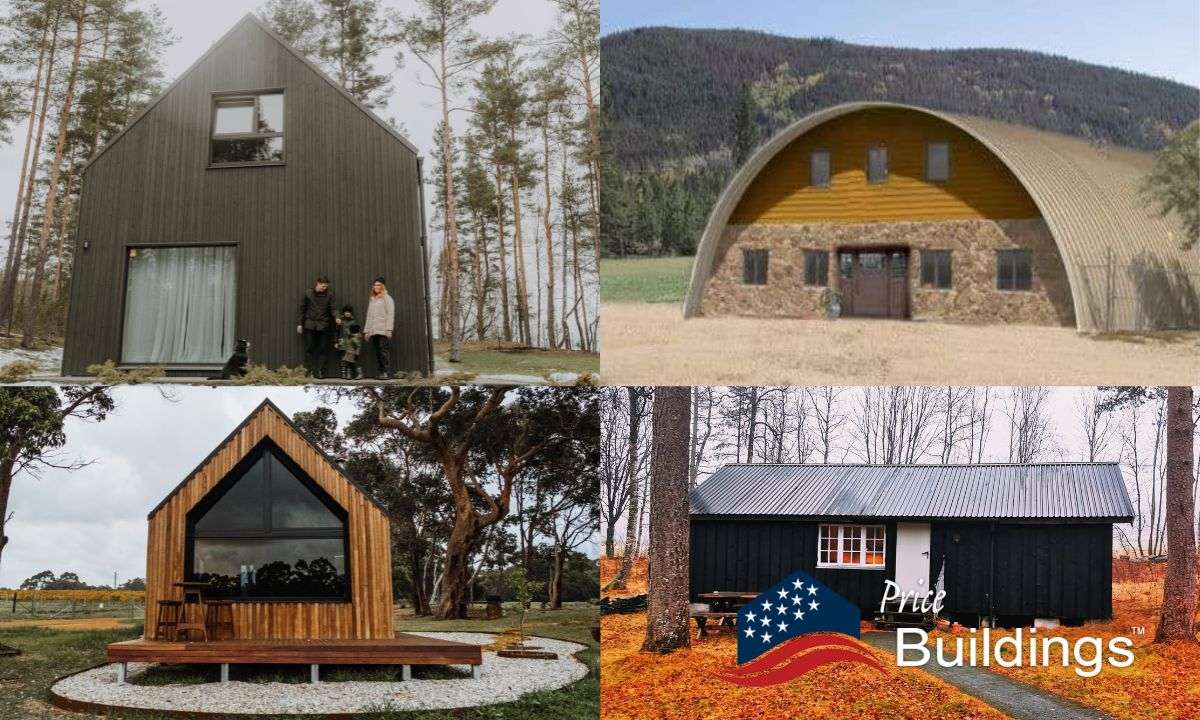
Land Availability and Property Tax in Tennessee
When it comes to off-grid living, having access to ample land and understanding the associated property tax implications are essential considerations. Tennessee offers favorable conditions in both these areas, contributing to its appeal for those seeking an alternative and sustainable lifestyle.
Land Availability and Prices in Tennessee
Tennessee boasts abundant land availability, making it easier for off-grid individuals to find suitable properties for their self-sustainable endeavors. The state’s vast rural areas present opportunities for individuals to establish their off-grid homes and cultivate their desired lifestyle.
Moreover, land prices in Tennessee are approximately 28% lower than the national average. This affordability enables off-grid residents to acquire larger plots of land and allocate more resources to sustainable infrastructure, crop cultivation, and other aspects of self-sufficiency.
Property Tax in Tennessee
In addition to affordable land prices, Tennessee offers favorable property tax rates. The average property tax in the state is around 0.74%, which is relatively low compared to many other states.
Low property taxes contribute to the overall affordability of off-grid living in Tennessee and allow individuals to allocate their financial resources more effectively towards developing and maintaining their self-sufficient lifestyle.
Major Industries and Employment in Tennessee
Considering employment opportunities and major industries is crucial for those planning to embrace off-grid living in Tennessee. Understanding the economic landscape of the state can provide insights into potential income streams and ways to sustain a self-sufficient lifestyle.
Major Industries in Tennessee
Tennessee is home to several major industries that can play a significant role in off-grid living. Agriculture, manufacturing, tourism, poultry, and cattle farming are among the most prominent sectors in the state.
Agriculture, including crop cultivation and livestock farming, provides opportunities for off-grid residents to generate income and sustain their self-sufficient lifestyle. Manufacturing industries in Tennessee, such as automobile production and chemical manufacturing, may also offer employment possibilities.
Additionally, Tennessee’s vibrant tourism industry can provide avenues for off-grid entrepreneurs to create sustainable businesses, such as eco-tourism ventures or farm-to-table experiences. Exploring the various industries in the state can help off-grid residents identify potential employment opportunities while remaining aligned with their chosen lifestyle.
Employment Opportunities for Off-Grid Living
Embracing off-grid living often involves seeking alternative employment or creating your own income streams. While Tennessee offers a variety of industries and employment prospects, off-grid residents may need to think creatively when it comes to securing sustainable income sources.
Off-grid living in Tennessee can be complemented by pursuing self-employment opportunities, such as starting a small business focused on eco-friendly products, offering specialized services to neighboring communities, or utilizing online platforms to sell homemade goods. Additionally, off-grid residents can capitalize on Tennessee’s agricultural industry by exploring opportunities in farm-to-table businesses, organic farming, or heritage breed livestock production.
Remaining open to innovative ideas and understanding the unique resources and demands of the chosen off-grid location is key to identifying suitable employment opportunities that align with the overall off-grid lifestyle.
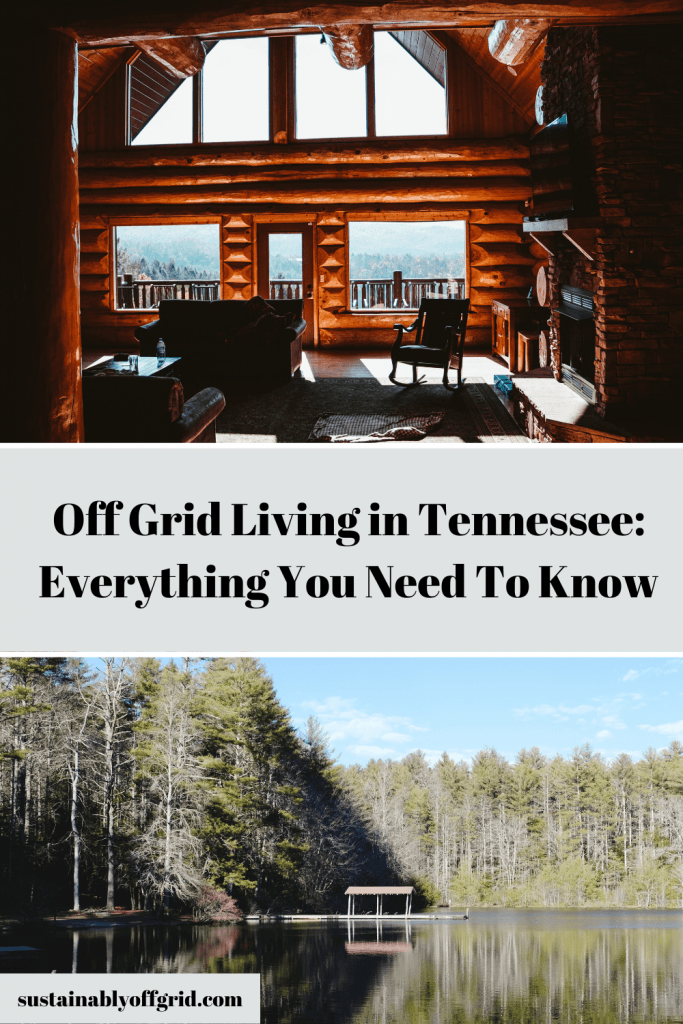
County-Specific Regulations for Off-Grid Living in Tennessee
While off-grid living is generally legal in Tennessee, it is important to recognize that certain county-specific regulations and building codes may be in place. Ensuring compliance with local laws is crucial to maintaining a harmonious relationship with the community and local authorities.
Legal Considerations and Building Codes in Tennessee
Before embarking on an off-grid lifestyle in Tennessee, it is essential to thoroughly research the legal considerations and building codes specific to the chosen county. Each county may have different requirements and regulations, ranging from building permits, renewable energy installations, waste management guidelines, and more.
Understanding and complying with these regulations is crucial to avoid legal complications and ensure that your off-grid dwelling is safe, sustainable, and in compliance with local laws. Consulting with local authorities or professional experts in off-grid living can provide valuable guidance and insights into navigating county-specific regulations effectively.
Favorable Counties for Off-Grid Living in Tennessee
Certain counties in Tennessee are considered favorable for off-grid living due to their rural settings, potential ease of navigating local regulations, and close-knit communities that embrace self-sufficiency. Counties such as Sevier, Unicoi, and Lewis are often mentioned as suitable options for off-grid residents.
These counties provide access to ample land, favorable property prices, and a community that understands and values the off-grid lifestyle. Researching and connecting with like-minded individuals in these counties can provide valuable support, resources, and a sense of community for those embracing an off-grid lifestyle in Tennessee.
In conclusion, Tennessee offers a range of advantages and considerations for individuals looking to embrace off-grid living. Its location in the southeastern part of the country, coupled with its lower taxes, affordable property costs, and ample land for growing crops, makes it an attractive choice for those seeking a self-sustainable lifestyle away from urban areas. However, it is crucial to consider factors such as crime rates, water availability, natural disasters, and county-specific regulations before settling on a specific off-grid location in Tennessee. By thoroughly researching and understanding these factors, individuals can make informed decisions and create a fulfilling and sustainable off-grid lifestyle in the beautiful state of Tennessee.

